Though online chess play is pretty good fun, there’s nothing like the real deal of sitting over the board in front of another person, pressing the clock and moving the pieces. This is especially true when it comes to a tournament setting.
Have no fear if you’re just looking to transition from online play to offline and preparing for your first over-the-board event. We’ve got a few handy tips for taking care of some of the jitters you’ll likely experience along the way.
Experience the physical sensations
If you’re only playing online games of chess, the vantage point of sitting in front of a three-dimensional chessboard can easily throw you off. It can make it much more difficult to spot tactics and calculate continuations if you’re not familiar with it, so it’s a good idea to take some time and play with a real board before going to the event. Even just hooking up an online game and manually making the moves on a normal board can help you familiarize yourself with the sensation of staring at physical chess pieces.
Play slower games (and sit on your hands)
If you haven’t yet experienced what it’s like to spend fifteen to twenty minutes on a single move and upwards of four or five hours on one chess game, you should get some practice before you embark on a classical tournament. Most amateur players waste a lot of their allotted time. You’ve got to trust that you can crunch the calculations well enough, and it is useful to sit there and think about the position. If your opponent is blitzing out moves, it’s a wasted opportunity for them. Don’t be afraid to fall behind on the clock somewhat and think things through.
Also, sit on your hand. Perhaps not literally, but this is a commonly referred idea in chess circles. Don’t make a move the moment it comes to your mind. Give yourself a few moments to compose yourself and check any other possibilities you may have missed while you tunnel-visioned during your calculations. This is a great way to avoid any big blunders.
Learn the rules
There are a lot of small rules and protocols you need to be familiar with when it comes to OTB play. Not only can you run into trouble by messing them up, but you’re also going to waste a lot of brainpower keeping them in mind unless you ensure that they’re second nature by the time you sit down to the board.
First of all, the touch move rule. You need to move with the piece you’ve touched first, so make sure you’re one hundred percent confident about your decision before reaching out for the piece. To castle, pick up the king first and only use one hand.
Online-only players sometimes also have trouble with the physical clock. You must purposefully press it after every move to ensure that the countdown passes over to your opponent. Not only is this the rule, but you’re also just jeopardizing yourself by letting the other player think freely as your clock ticks. You need to press the clock with the same hand you move the piece with—no multitasking allowed!
Once you press the clock, it’s time to write down your move. Unless you’re playing in a blitz event, you are expected to write down every move on the board on the scoresheet. Make sure you’re familiar with algebraic notation before going to an event. However, if you’ve done some practice with studies or gone through other players’ games, the formula itself should feel familiar to you.
If you’re looking to offer a draw, make sure to do so when it’s your turn. Make your move, make the offer, then press the clock. No need to keep repeating “I offer a draw” (or “check,” for that matter). Resignation is usually handled with an extended hand.
Listen to the tournament arbiters about the penalties for illegal moves. Generally, the first one is punished by a loss of time (or added time to your opponent’s clock) and the second one is an automatic forfeiture. The same goes for your phone, if it makes a sound, you’ve automatically lost. At some events, you aren’t even allowed to keep it on your person for the game’s duration.
As a corollary, don’t go to the toilet when it’s your move. It may seem counter-intuitive because you’d be burning your time, but who knows what you’re checking in there?
It’s stressful stuff and everyone’s a tryhard
Chess tournaments are not casual affairs, and there’s no easy way to hop into another game with a click of a button. This reflects the level of commitment and plays on display. Just like yourself, your opponents will dedicate their whole day or weekend to playing the tournament, and they’ve also actively practiced in preparation for it. They likely also put down some money as the entry fee. This means you won’t get any of the easy resignations or quick tilt-induced victories you may experience from your online games. Playing chess over the board is like trying to draw blood from a stone.
Don’t expect easy games and never let your guard down: there’s always a chance for a comeback when humans play chess, and mental fortitude matters just as much as chess knowledge, if not more. ELO is just a number, too. Anyone can have good and bad days, and the worst thing you can do is to dismiss an opponent just because they have a significantly lower rating than you do (or to give yourself no chance against a stronger-rated opponent). “Elophilia” is a heck of a thing!
Having a good poker face can also be surprisingly useful. Often, amateur players make it quite clear how much they dislike their position, which is a great indicator of how you should approach the game.
All in all, make sure you have fun. Whether it’s a one-off or the start of your grand chess tourney, your performance will inevitably drop in the unfamiliar surroundings. This is perfectly normal, and you shouldn’t be discouraged by it. As a rule of thumb, subtract 300 from your Lichess rating to get your FIDE rating (and it should be more or less equal to your chess.com score). Perhaps toss a 150-250 “tournament tax” on top of it, and you’ll have a good idea of what to expect!




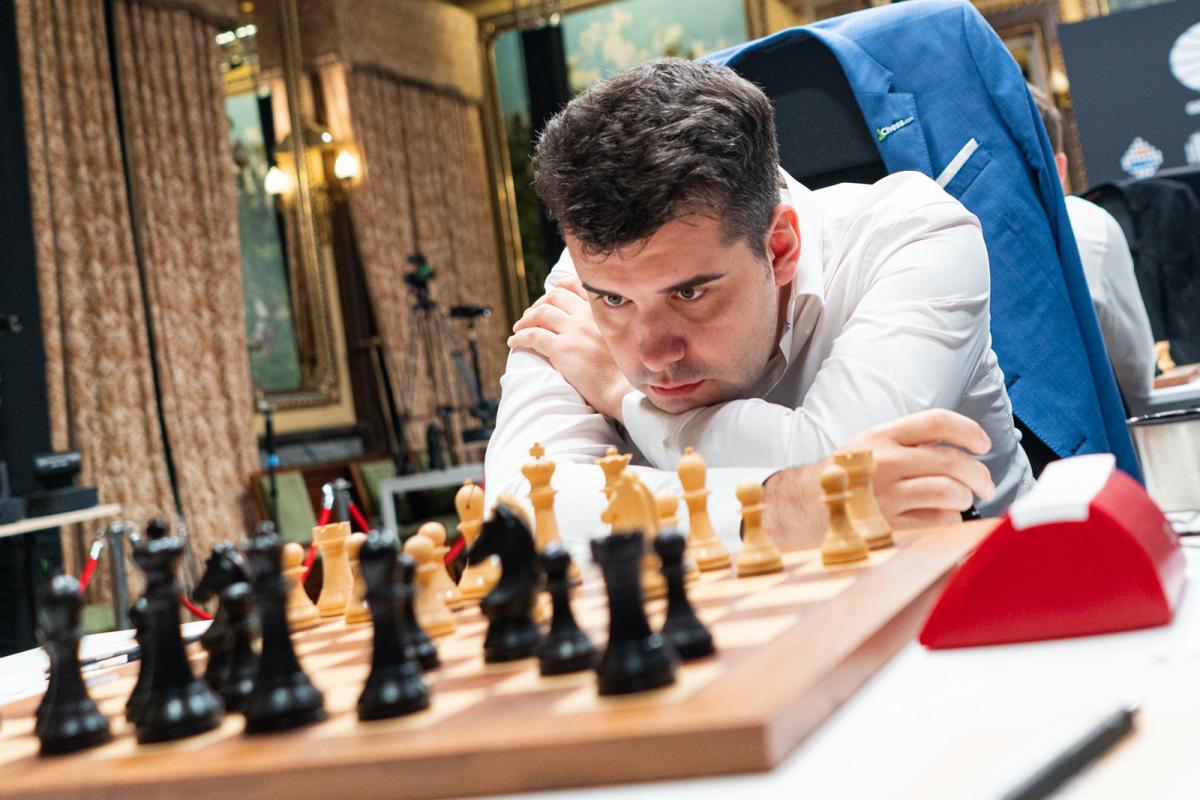
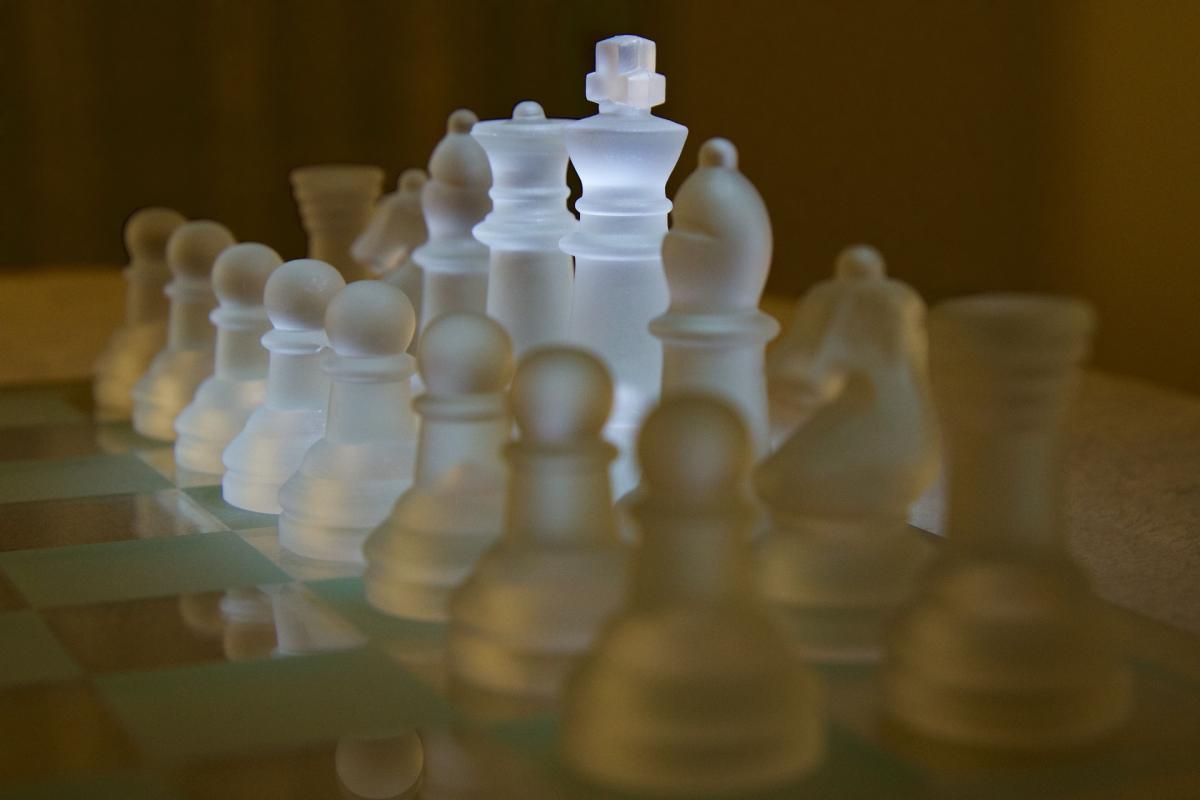

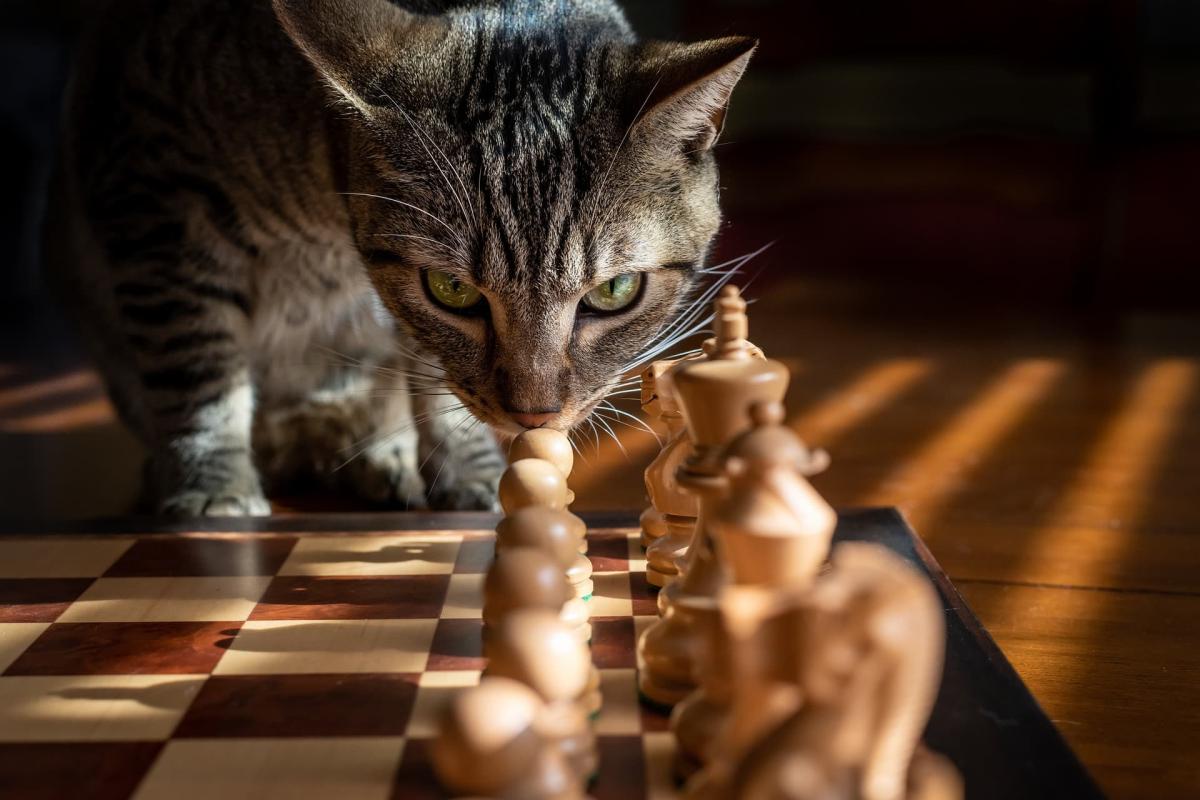
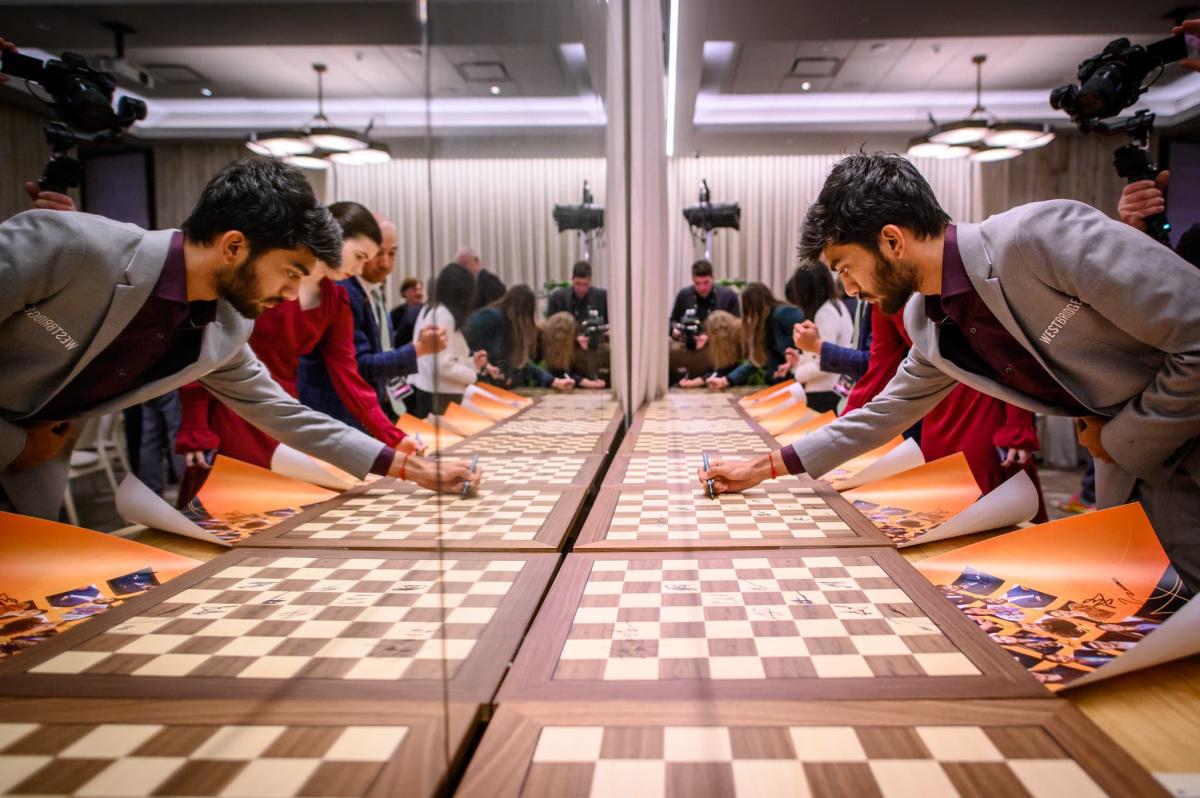
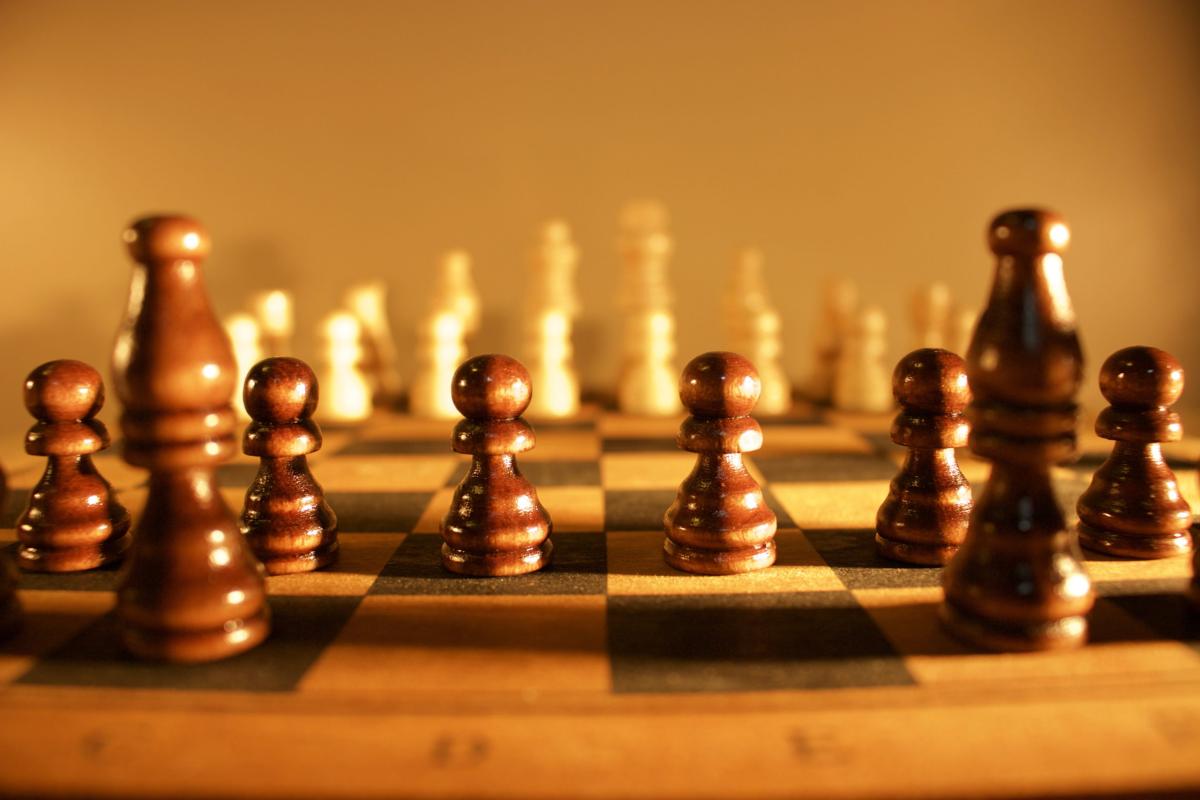
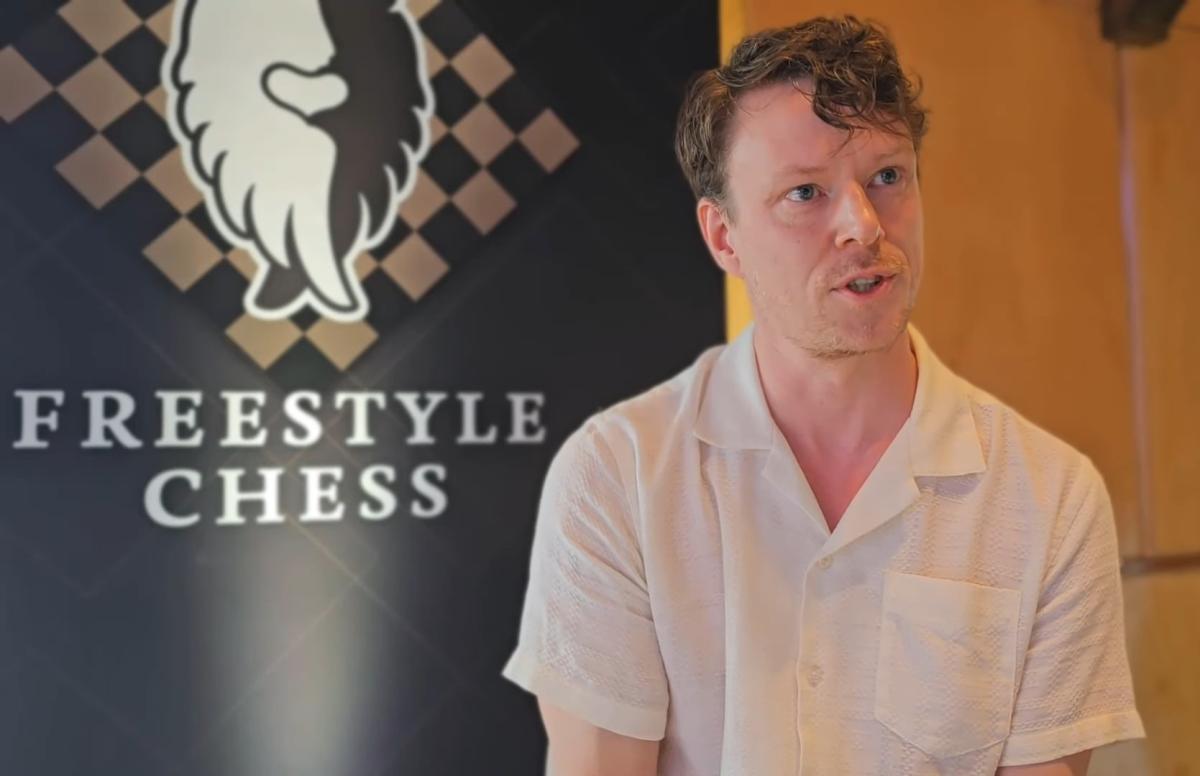

Published: Aug 27, 2022 09:28 am